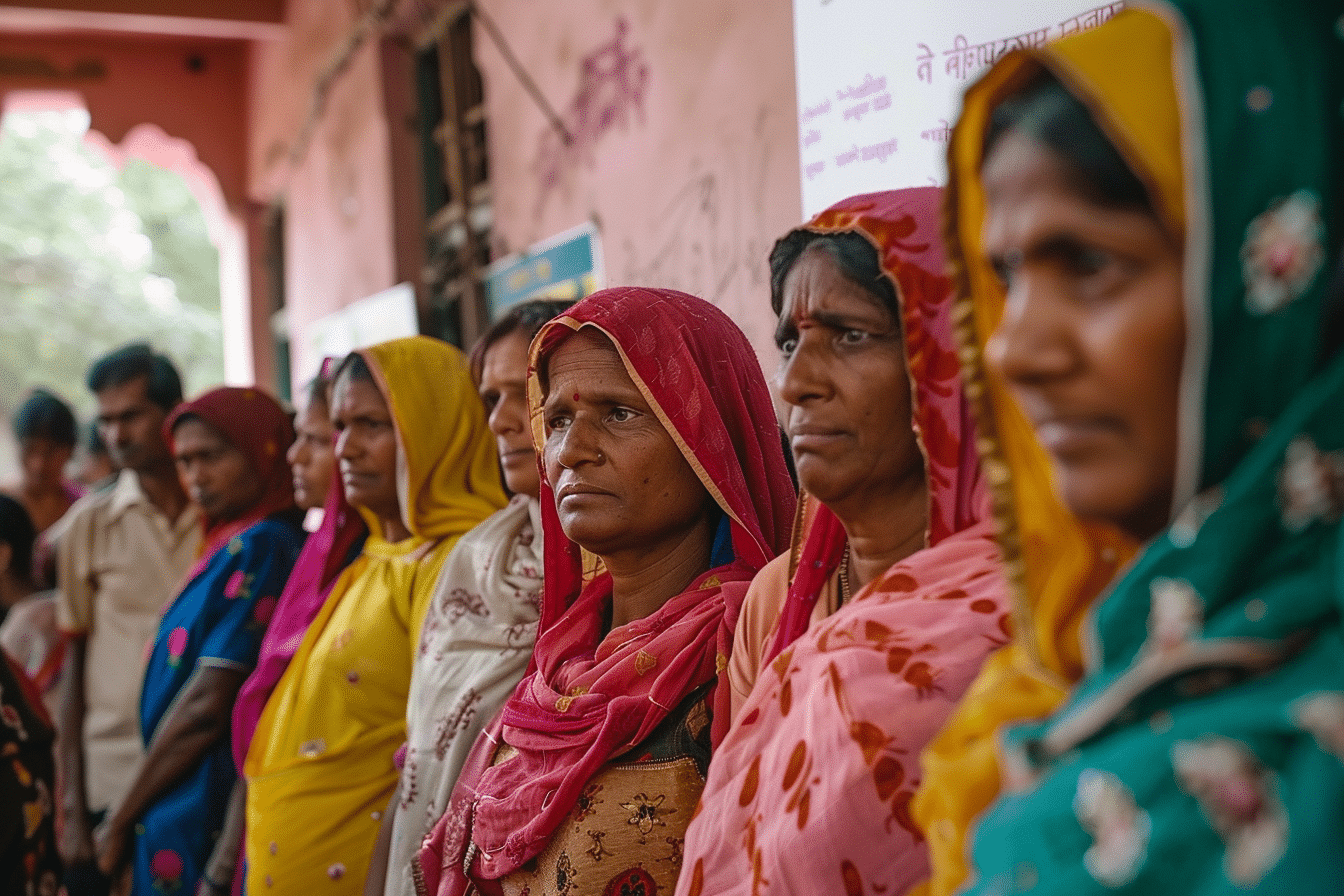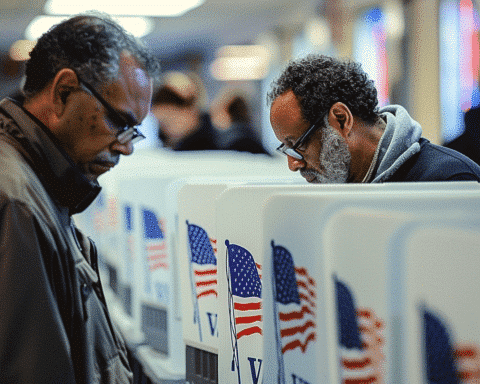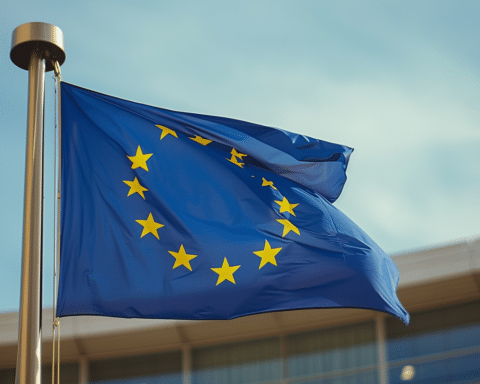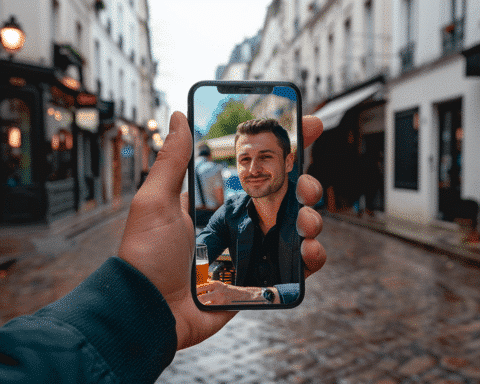As India’s election season unfolds, social media platforms are awash with misinformation, creating a challenging environment for voters and authorities alike. Among the most notable incidents are AI-generated videos featuring Bollywood stars allegedly endorsing political parties. Aamir Khan and Ranveer Singh, two prominent actors, were falsely depicted criticizing Indian Prime Minister Narendra Modi and endorsing the Congress party, prompting them to file complaints with the police. However, such actions have had limited impact on stemming the tide of misinformation.
False claims circulating online have included misinformation about the voting process, unfounded allegations of election rigging, and calls for violence against India’s Muslim population. This proliferation of misinformation has raised concerns among researchers who track such activities, pointing to tech companies’ ineffective enforcement of their own policies. The spread of harmful content online could potentially distort public opinion, incite violence, and leave voters uncertain about what to believe.
India’s election, with nearly 1 billion eligible voters, stands out as one of the largest and most complex electoral processes globally. The country’s linguistic and cultural diversity, coupled with its massive online population, present unique challenges for tech companies in combating misinformation. However, despite promises from companies like Google and Meta to address deceptive content, researchers argue that their efforts have been inadequate, failing to account for India’s diverse landscape.
Meta, the parent company of Facebook, WhatsApp, and Instagram, has come under scrutiny for allowing political advertisements and posts containing hate speech and misinformation. These ads were seen over 65 million times in a 90-day period and cost more than $1 million. Meta has defended its actions, stating that it has expanded its fact-checking efforts and has employees worldwide ready to address misuse of its platforms.
YouTube, another platform plagued by disinformation, has faced criticism for its handling of false information in ads. Researchers found that YouTube approved ads containing false voting information or calls for violence, indicating a gap in enforcing its own rules.
The rise of AI deepfakes adds a new dimension to the misinformation challenge. Advances in AI make it easier to create lifelike images, videos, or audio, with deepfakes becoming increasingly prevalent in political campaigns worldwide. There is growing demand for deepfakes, including those featuring deceased politicians, raising concerns about their potential to deceive voters.
Despite efforts by India’s Information and Technology Ministry to combat deepfakes and misinformation, the lack of clear regulation on AI and deepfakes makes it difficult to address the issue effectively. This leaves voters like Ankita Jasra, an 18-year-old first-time voter, grappling with uncertainties about the information they encounter online and the implications for their trust in the country’s governance.
The surge of misinformation on social media during India’s elections underscores the need for more robust measures to combat false information. As tech companies and governments grapple with these challenges, educating the public about the risks of AI and deepfakes is crucial to preserving the integrity of democratic processes.





